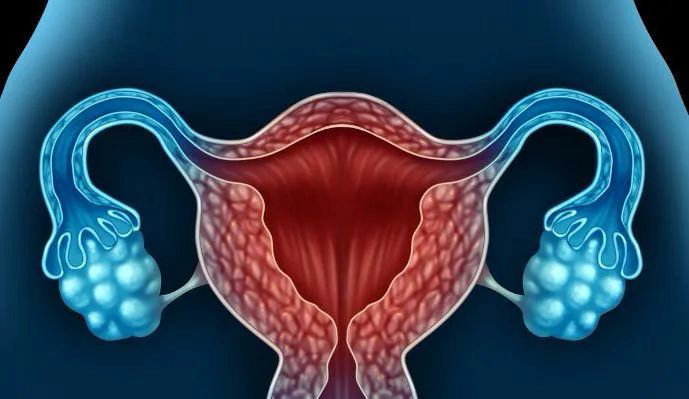What is AMH?
Anti Mullerian hormone (AMH), abbreviated as AMH, is a glycoprotein hormone produced by granulosa cells. It is expressed in small antral follicles, large antral follicles, and 2-7mm antral follicles. It can inhibit recruitment of primordial follicles, reduce follicle consumption, and reduce the response of growing follicles to FSH stimulation. AMH plays an important role in follicular development, and as age increases, ovarian function decreases. So in evaluating ovarian reserve function, AMH is the most reliable and may even be used to predict menopausal age.

AMH represents the number of eggs, but not the quality. The quality of eggs is related to age. If the AMH value is very low, but the quality of young women's eggs is good, even if the number of eggs is small, there is still a chance of pregnancy; However, if one is older, the quality of the egg is relatively poor, and even if the AMH value is normal, the pregnancy rate will still be affected. Therefore, age and ovarian reserve function testing are very helpful for evaluating and predicting fertility. With the continuous changes in life pressure and environment, people's average reproductive age is increasing day by day. As ovarian function and egg quality continue to decline with age, many couples of childbearing age turn their attention to doctors, hoping that doctors can accurately evaluate their ovarian condition and fertility through data, in order to decide whether they can still delay childbirth and work hard for a few more years. The reference value of AMH is very high, but in diagnosis and treatment, it is still necessary to combine the six items of sex hormones, medical history, ultrasound results, etc. to make a comprehensive judgment. So, if sisters find their AMH value is low, don't worry. Go to a doctor in time, and the doctor will help you develop a suitable treatment plan
If there is plagiarism, please contact to delete it
LATEST NEWS
- Embryo chromosome screening 2023-12-22 15:25:00
- Embryonic genetic diagnosis 2023-12-22 15:23:48
- Embryonic biology testing 2023-12-22 15:22:11
- Egg collection technique 2023-12-22 15:20:00
- Overview of the success rate of in vitro fertilization technology 2023-12-22 15:15:45
- Overview of IVF technology 2023-12-22 15:13:46
- What should elderly couples pay attention to when undergoing IVF? 2023-12-22 15:12:02
- What kind of embryo is called "beauty"? 2023-12-22 15:09:55
- What is AMH? 2023-12-22 15:08:40
- Medical Science Popularization 2023-12-22 15:06:34
Copyright All rights reserved © Edited by the Nanling Mountain IVF Medical Research Institute

